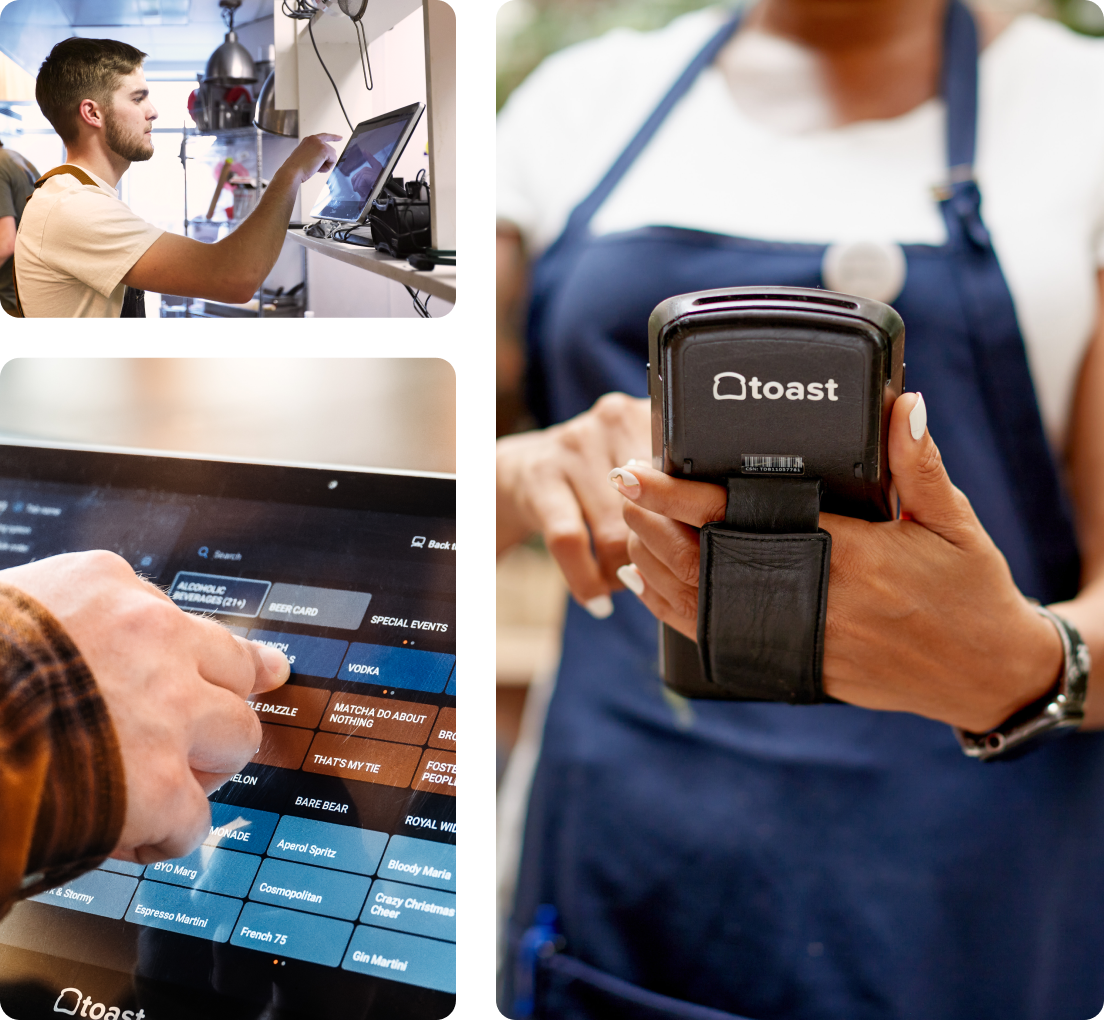The Role of POS Software in Streamlining Sales and Supply Administration

POS software has actually come to be essential for services intending to enhance sales and stock management. By automating deal processes, it reduces check out times and improves precision in supply levels. The software gives insights right into sales trends, making it possible for organizations to enhance their procedures. Nonetheless, there are added aspects that influence the efficiency of POS systems. Recognizing these elements can bring about even higher effectiveness and customer satisfaction.
Comprehending POS Software: Key Features and Conveniences
Point of sale (POS) software offers as a vital device for services, enhancing sales and inventory management processes. This software includes necessary functions that improve operational performance. One popular feature is real-time supply monitoring, which allows organizations to check stock levels and minimize the risk of overstocking or stockouts. On top of that, POS systems commonly incorporate sales analytics, providing insights right into customer preferences and sales trends.Another essential benefit is the automation of transaction handling, which lessens human mistake and quicken the check out experience. POS software also sustains various settlement techniques, fitting the diverse choices of consumers. Furthermore, user-friendly user interfaces make it available for team, decreasing training time. In general, the durable functionality of POS software not just simplifies everyday operations yet additionally helps with informed decision-making, inevitably adding to boosted business efficiency and consumer fulfillment.
Enhancing Sales Processes With POS Solutions

Making use of POS solutions can greatly boost sales processes by improving procedures and enhancing client interactions. These systems automate various tasks, such as purchase processing and sales coverage, which lowers human mistake and saves time. By allowing much faster checkouts, POS solutions boost the total customer experience, causing boosted fulfillment and repeat business.Moreover, these systems give important insights into consumer preferences and purchasing patterns. This information can help companies tailor their advertising methods, maximize product placements, and determine very popular products. Additionally, POS solutions frequently incorporate with various other company devices, assisting in smooth interaction across departments.Training team on POS systems is generally uncomplicated, permitting fast fostering and decreasing disruptions. As a result, sales groups can concentrate more on engaging with customers as opposed to handling troublesome hand-operated procedures. Overall, the application of POS solutions leads to a more reliable sales setting, fostering growth and enhancing earnings.
Real-Time Inventory Management and Monitoring
Reliable inventory monitoring is vital for organizations aiming see here now to keep ideal supply degrees and fulfill client demand. Real-time supply management and radar, integrated within POS software, assist in immediate updates on stock degrees, allowing companies to respond promptly to fluctuations popular. Restaurant POS Software. This capacity enables sellers to prevent stockouts and overstock circumstances, enhancing storage space costs and enhancing client satisfaction
Analyzing Sales Data for Informed Choice Making
Real-time inventory management not only aids organizations preserve suitable stock levels however additionally functions as a structure for analyzing sales information. By leveraging point-of-sale (POS) systems, companies can collect considerable insights into sales fads, customer choices, and item performance. This information evaluation enables businesses to go now recognize peak sales periods, track slow-moving products, and make informed modifications to inventory strategies.Furthermore, recognizing sales patterns can help with effective rates techniques and marketing campaigns. Analyzing data in time permits companies to anticipate future demand much more precisely, guaranteeing that stock lines up with expected patterns. Additionally, understandings obtained can educate decisions concerning product assortment, helping companies to focus on high-demand items while terminating underperforming products. Eventually, notified decision-making based upon sales data analysis not just enhances functional efficiency but likewise adds to boosted success and affordable positioning in the market.
Improving Client Experience With POS Combination
As companies seek to boost client complete satisfaction, integrating a robust point-of-sale (POS) system can play a crucial duty in improving the shopping experience. Reliable POS integration permits faster purchase processing, minimizing delay times and boosting general effectiveness. Customers appreciate swift checkouts, which foster a positive assumption of the business.Moreover, contemporary POS systems commonly include functions such as customer partnership management (CRM) tools, making it possible for businesses to collect beneficial data on purchasing actions. This information can be made use of to personalize advertising and marketing initiatives and offer tailored referrals, further enhancing consumer engagement.Additionally, using several repayment alternatives with POS systems deals with varied customer choices, adding to a seamless buying experience. By guaranteeing that supply levels are precisely tracked and updated in real-time, businesses can reduce stockouts, guaranteeing that clients locate the items they seek. On the whole, POS combination substantially boosts customer experiences, cultivating commitment and repeat organization.
Often Asked Questions
Just How Much Does POS Software Usually Expense for Small Companies?
The price of POS software for tiny organizations normally varies from $50 to $300 per month, depending on features and scalability. Furthermore, first arrangement costs and equipment expenses might add to the total investment.
Can POS Software Incorporate With Existing Bookkeeping Systems?
Many companies make inquiries whether POS software can perfectly incorporate with their existing audit systems (Restaurant POS Software). Commonly, modern-day POS services supply compatibility with various accountancy platforms, boosting performance and promoting accurate economic monitoring across company operations
What Equipment Is Required for POS Software Application?
The required equipment for POS software application generally consists of a computer system or tablet computer, barcode scanner, invoice printer, money drawer, and settlement terminal. These components function together to assist in reliable sales handling and stock monitoring.
Is POS Software Suitable for Online Sales too?
POS software can without a doubt promote online sales, using attributes such as inventory additional resources tracking, consumer management, and integrated repayments. This adaptability enables companies to take care of both in-store and online purchases effectively, boosting general functional performance.

Just How Typically Does POS Software Requirement Updates or Upkeep?
The frequency of updates and maintenance for POS software largely depends upon the supplier and specific system demands. Usually, regular updates happen quarterly, while upkeep might be required extra frequently to assure peak performance and safety and security.